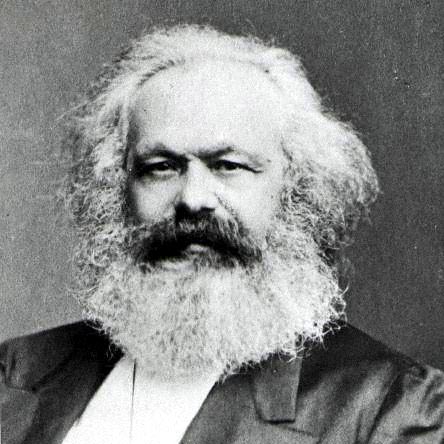1.
Emile Durkheim;
a French philosopher and a sociologist, had the maiden aim to develop a
realistic and comprehensive theory of the psychological thinking of man. He disagrees
to attribute the individual’s behavior and character to his (man) psychological
thoughts but rather he attributed to the society in which the individual
emerged.
He stresses that the society in which man was born; contains certain
elements such as culture, education, religion, ethnicity, superstition, etc.
which shapes the perception and character of the individual. Durkheim’s theory
of “social facts” is aimed to have a positive approach to society. This could
be found in his book “The Rules of Sociological Methods”. With the conduction
of vigorous research, he aimed to show how social forces affect people’s
behavior.
He argued that, the individual must not be
questioned of his behavior; but rather the overwhelming factors in the society
in which he comes from; must be questioned because the society is made up of
the way of acting, thinking, feeling as well as the believes that forms the
individual’s life style.
Durkheim therefore used suicide
to conduct a vivid research into how social facts affect the individual.
Comparing the suicide rates of several European countries (Durkheim 1897/1966),
he found that the rate differed from one country to another and also is stable
years after year. He found out that, Protestants, males, and unmarried people
killed themselves at a highest rate than the Catholics, Jews, female and the
married people.
This ideology is well explained
in his types of suicide namely: egoistic, altruistic, anomic, and fatalistic
suicide respectively.
The egoistic suicide is due to the dissatisfaction and
the egoistic nature of the individual. However, how the society deals with the
person after he has fallen; drives the fellow to cause suicide.
The altruistic
suicide is also as a result of the approval of the society. The society makes
the victim fell proud and recognized as a hero – such prestigious title
associated with this suicide makes the individual’s wiliness to do it.
In
addition the break down of the society to support the individual also causes
the anomic suicide. It occurs due to economic hardship of the society as a
whole which drives the individual to the termination of his life.
The
fatalistic suicide which is an opposite of anomic occurs due to the excessive
oppression and slavery treatment on the individual. In our contemporary would
where there are convention that binds the individual to engage in an unwilling
marriage, can also lead to suicide in the victim – a typical example is the
cross cousin marriage among the “Akans” of Ghana.
The bride could easily cause
suicide when she doesn’t like the marriage and at the same time wants to obey
her parents. All these types of suicide give a vivid explanation to the fact
that the society must be accountable to the cause of suicide but not the
individual.
Durkheim proposed social
integration; the degree to which people are tied to their social groups, as a
key social factor in suicide. He insisted that people with weak social ties are
more prone to suicide.
According to Durkheim, people who are isolated and have
less means of voicing out their feelings to others who could serve as
psychotherapist to them, looks up to suicide as the ultimate way of bringing to
a halt their agonies. To confirm this, Gofdman also said “the lack of
communication is the cause of suicide”.
In conclusion, if the individual is able to get support from
those around him, he would have the encouragement to share his burdens and as
such he could have solutions to them. But where it is left on the individual
alone, he is consumed by the burden and the only way he thinks could help is to
take his own life.
Also it is the society who causes the burden to be huge on
the individual thus the utterances of the society sets the individual in
thinking and worries which makes the individual thinks of terminating his life.
For example, when a married couple is not able to procreate,
it wouldn’t have been a problem to them. But due to the intervention of the in-laws
and friend who use this as an insult to the couple, a partner (especially the
bride) becomes frustrated and if she finds no solution – divorce occur which
could lead to suicide on both partners. With this illustration, he puts it as
“human behavior cannot be understood simply in the individualistic terms; we
must always examine the social forces that affects the individual’s life”.

